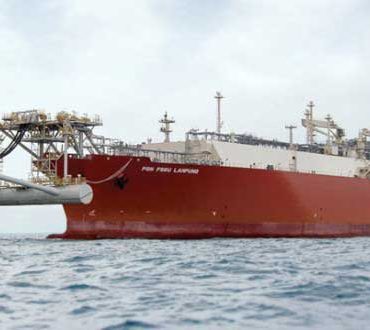Ship Transition to LNG as Fuel
The maritime industry is increasingly transitioning to Liquefied Natural Gas (LNG) as a fuel, driven by the need to reduce environmental impact and comply with stricter emissions regulations. LNG offers significant ecological benefits compared to traditional marine fuels. It produces lower levels of sulfur oxides (SOx), nitrogen oxides (NOx) and carbon dioxide (CO2), contributing to improved air quality and reduced greenhouse gasoline emissions.
The conversion to LNG involves several critical steps, including the retrofitting of existing vessels and the construction of new LNG-powered boats. Retrofitting involves modifying a ship’s engine and power source system to handle Liquefied Natural Gas, a process that can be complex and costly. However, the long-term operational cost savings and recyclable benefits often justify the investment.
New LNG-powered vessels are designed with advanced technology to maximize efficiency and safety. These crafts feature specialized storage tanks for the cryogenic Liquefied Natural Gas and engines optimized for dual-fuel operation, allowing them to switch between LNG and conventional combustibles if necessary.
Adopting Liquefied Natural Gas as a marine power source also requires developing an extensive bunkering infrastructure. Ports around the world are increasingly investing in LNG bunkering facilities to support the growing fleet of LNG-powered crafts. This infrastructure development is crucial to ensure the availability and accessibility of Liquefied Natural Gas, enabling more shipowners to make the transformation.
The shift to LNG aligns with the International Maritime Organization’s (IMO) regulations aimed at reducing the seafaring trade’s ecological footprint. By transitioning to Liquefied Natural Gas, the production can meet current and future emissions standards, ensuring sustainable operations and contributing to global efforts to combat climate change.

